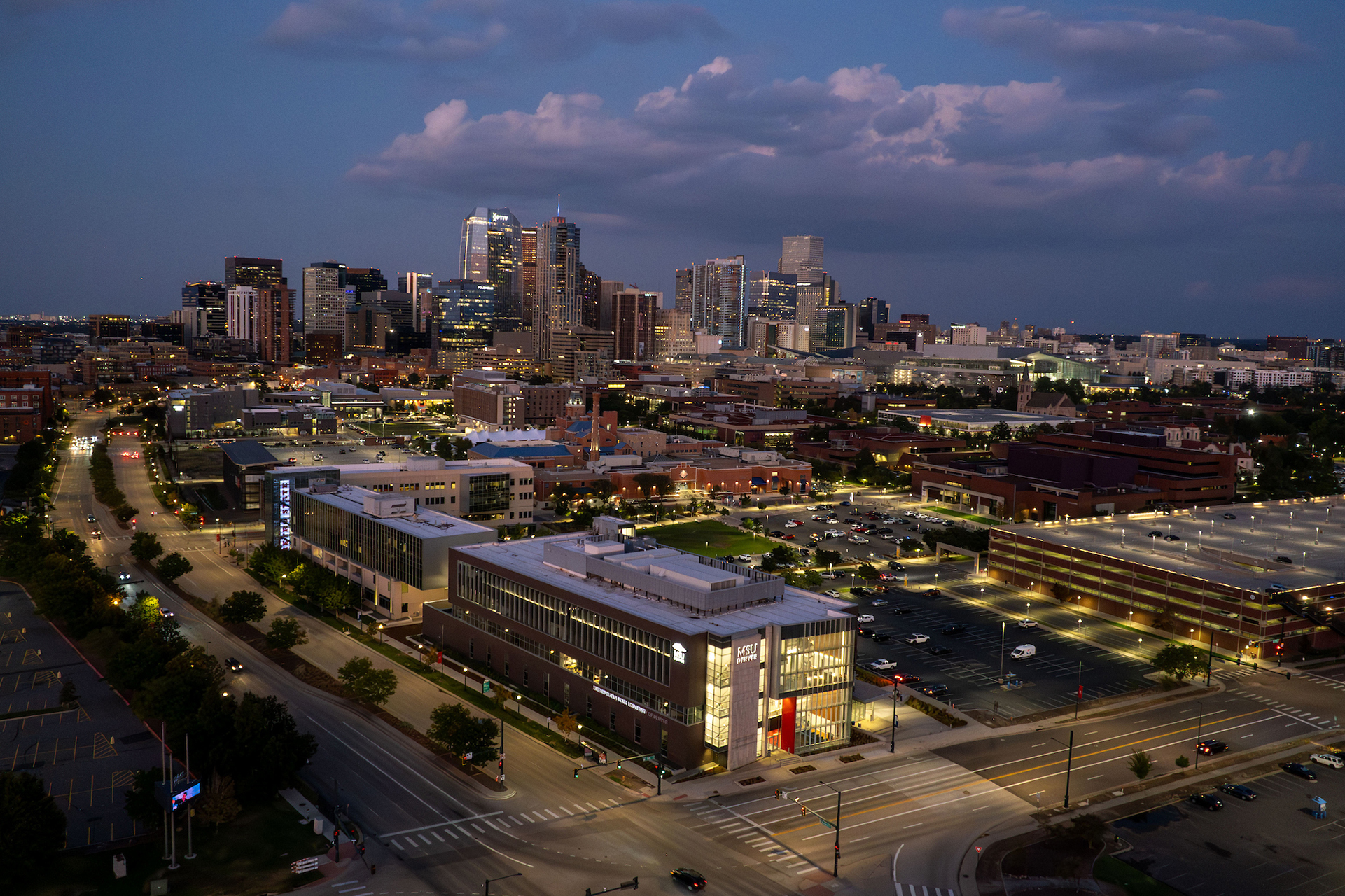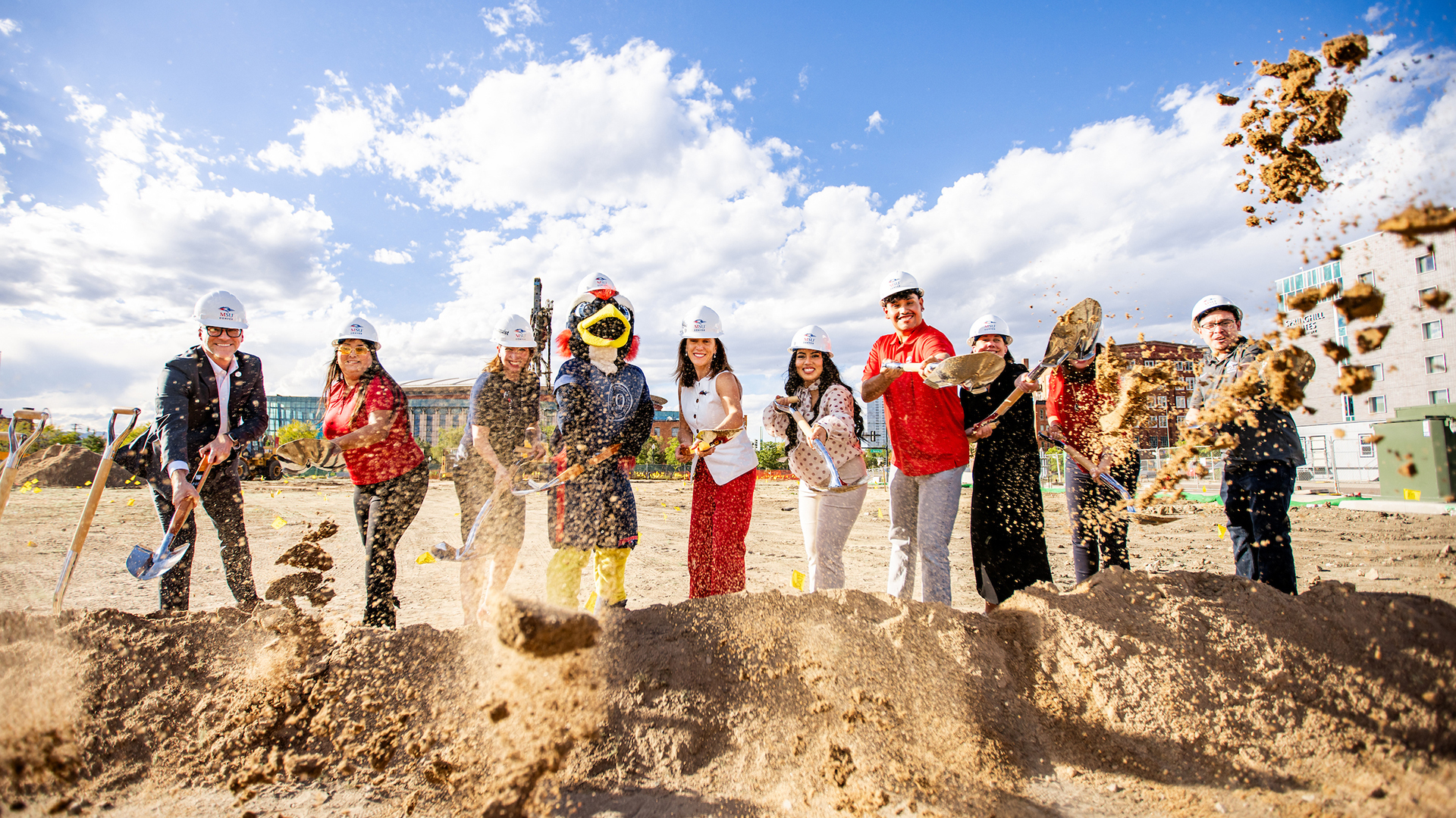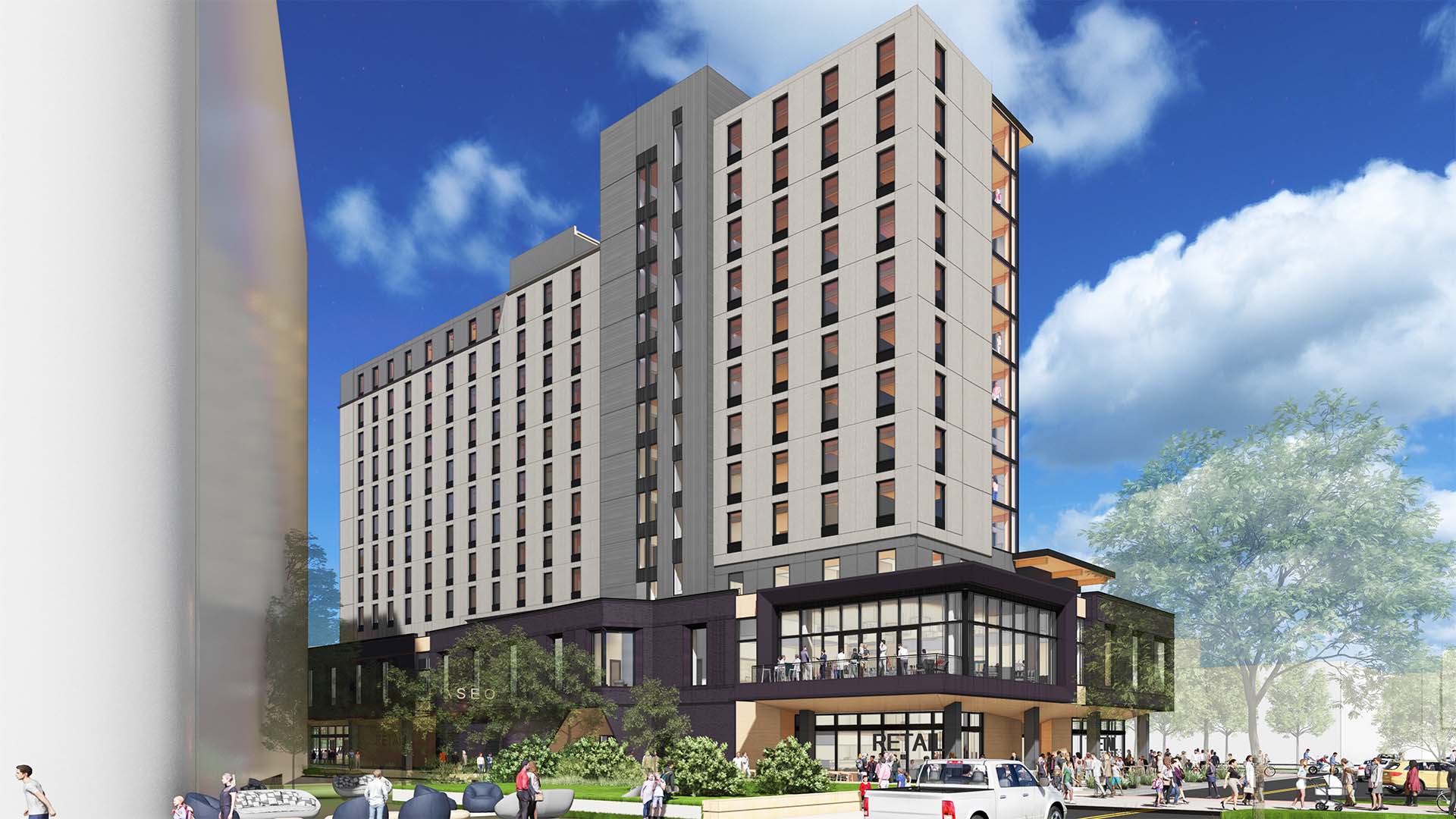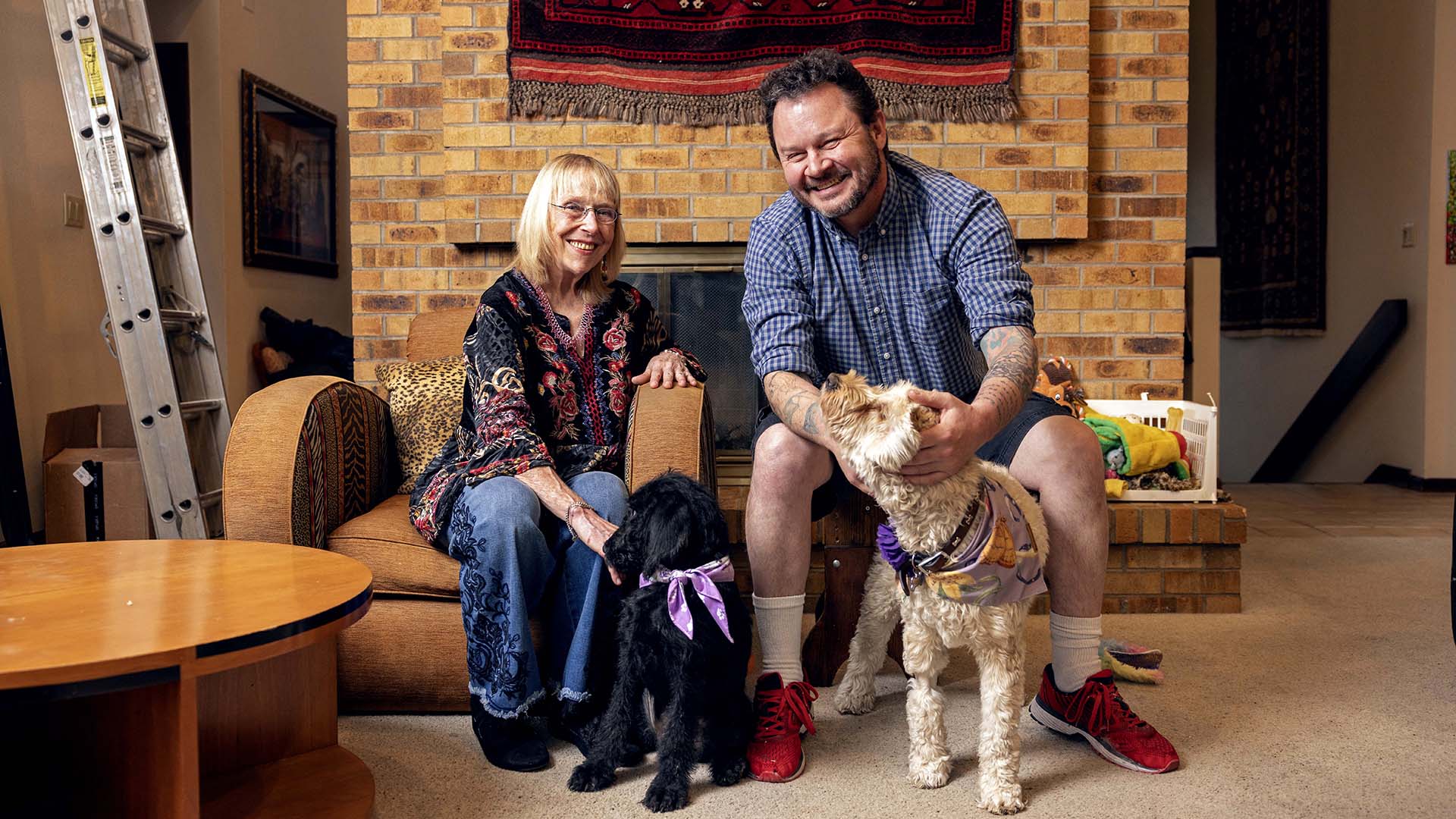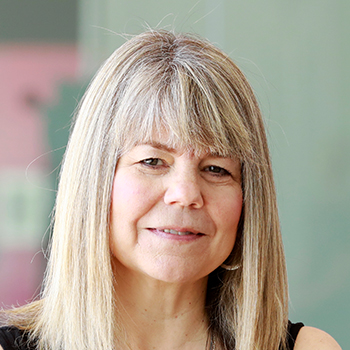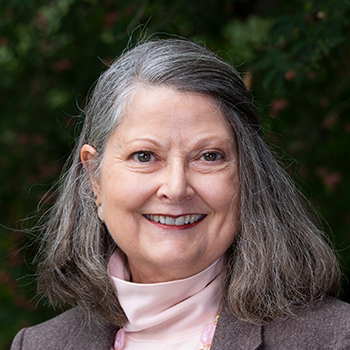MSU Denver celebrates breaking ground on new Health Institute simulation lab
It’s the next big step in a project that aims to help address Colorado’s critical shortage of health care workers.
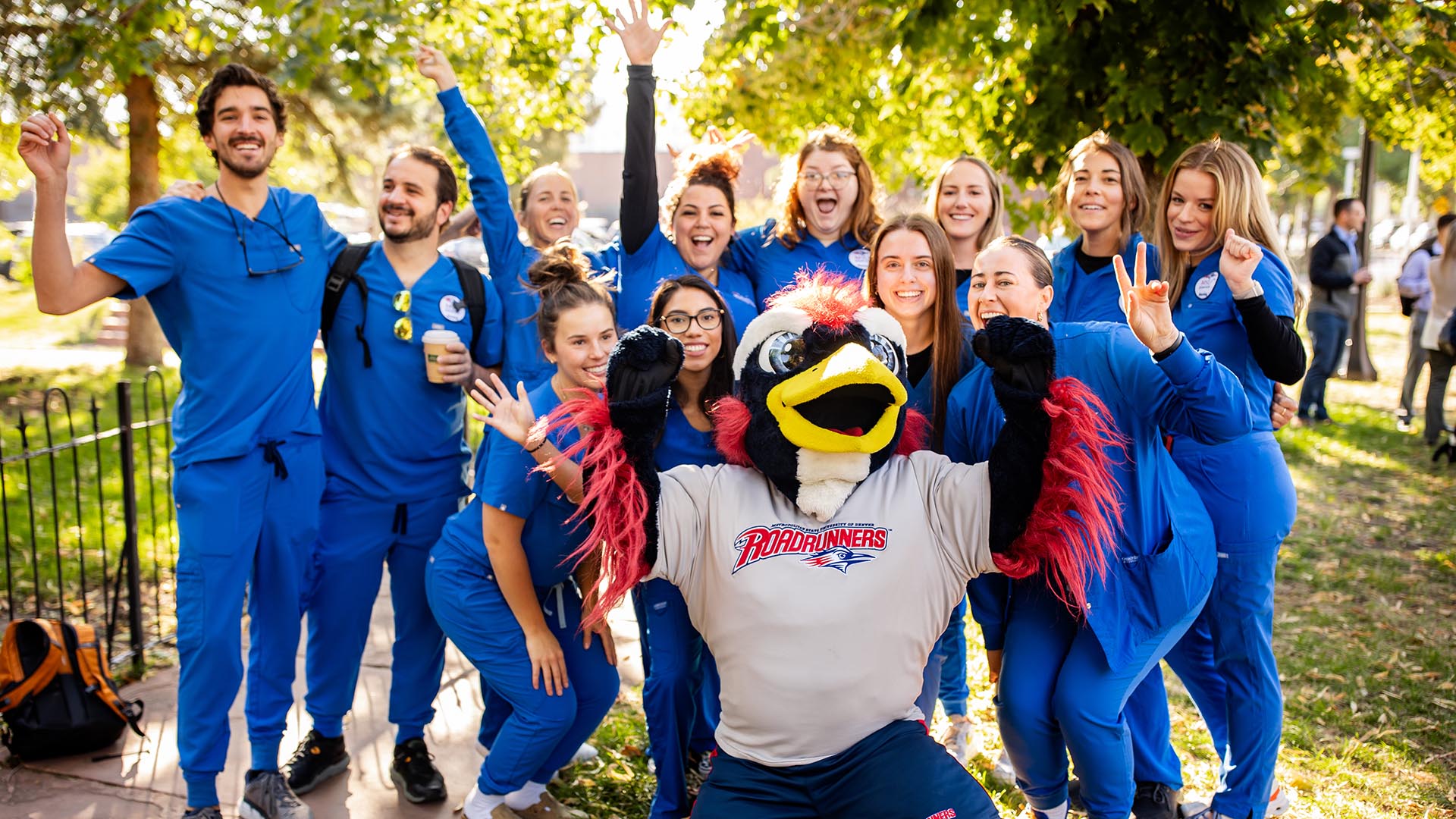
Metropolitan State University of Denver on Tuesday celebrated the groundbreaking of a new Simulation and Skills Lab that will drastically improve the University’s ability to help meet Colorado’s growing health care workforce needs.
The new facility, a key component of the University’s multidisciplinary Health Institute, will serve as a training ground for students preparing for careers in nursing and other in-demand health care fields, allowing them to practice clinical skills in simulated hospital and exam rooms.
It comes at a time when nurses are in especially short supply. Colorado will need an estimated 10,000 of them by 2026, according to a recent Mercer study. MSU Denver’s Nursing program turned away 44% of applicants this semester.
“Right now, it is a lack of space that is limiting our ability to train the health care workers that this great state needs,” said MSU Denver President Janine Davidson, Ph.D., adding that the new lab will allow the University to increase enrollment in its health programs by about a third.
RELATED: Colorado needs health care workers. MSU Denver has a plan to provide them
MSU Denver received $10 million in state funding for the sim labs during the 2021-22 legislative session, with the support of Colorado lawmakers such as Rep. Tammy Story, who serves as chair of Colorado’s Capital Development Committee.
“These health programs will serve as a powerful engine to graduate students who will go on to serve our growing population right here in the state,” she said, referring to the fact that 80% of MSU Denver students remain in the state after graduation.
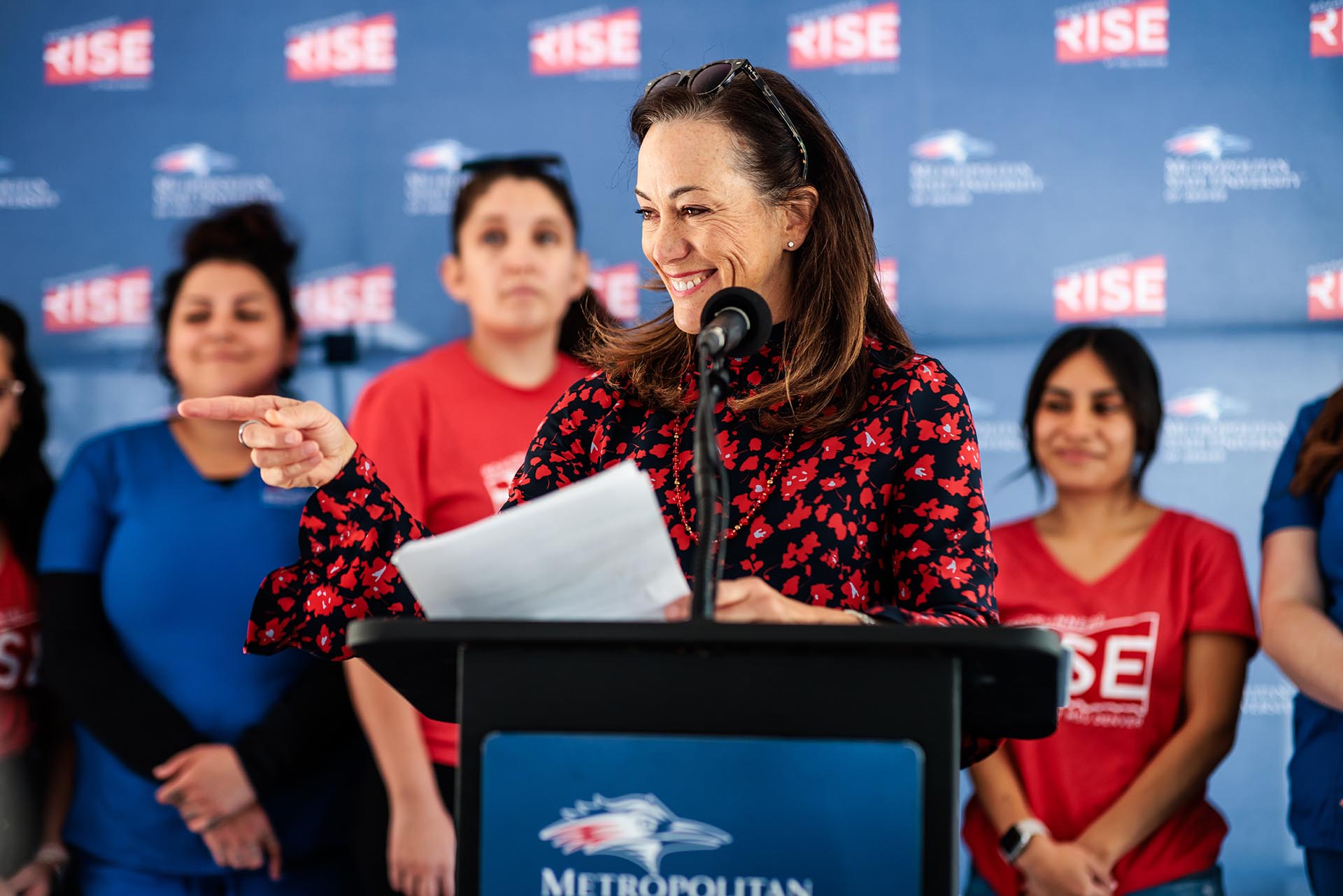
The simulation lab, in a renovated portion of the West Classroom building on the Auraria Campus, is the first phase of an ambitious initiative to expand the Health Institute. Plans also include a 70,000-square-foot tower with six floors of updated learning spaces and cutting-edge technology that would bring all 10 of MSU Denver’s health-related academic programs under one roof.
In addition to state funding, the University has been pursuing financial support from private donors. Wednesday’s event celebrated a gift from Dawn Bookhardt, attorney and longtime MSU Denver supporter, who donated $1 million to the Health Institute.
She described MSU Denver as her “happy place” and its students as “the best in the world.” Bookhardt said the Health Institute’s Speech, Language, Hearing Sciences Department’s commitment to educating students and serving diverse patients with speech, language and hearing conditions inspired her to contribute.
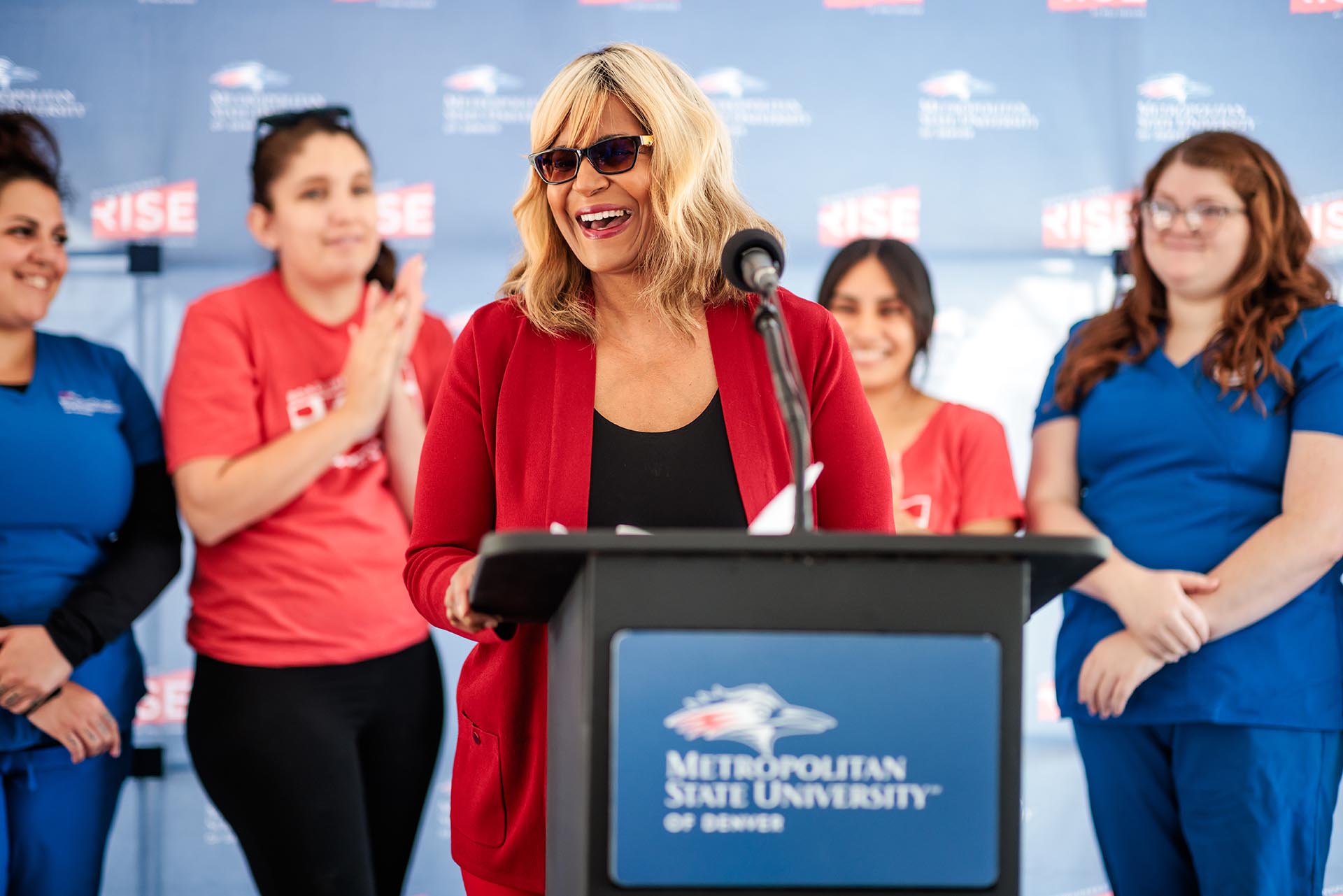
“I’m enamored with the concept of equity and diversity in the speech, language and hearing realm, which will broaden the spectrum of individuals seeking services,” said Bookhardt. “If we can educate more students of color who are diverse … we can help those who are marginally underrepresented.”
MSU Denver isn’t focused just on training more health care workers; it wants to prepare more providers who reflect the communities they serve.
Davidson characterized the current state of health care as “deeply unequal,” noting that different populations experience disparate health outcomes due to lack of access, income inequality, racial and ethnic discrimination and other social determinants of health.
“We can, and we must, do better,” she said. “MSU Denver is uniquely positioned to address these problems — all of them.”
RELATED: Banking on the future of health care
Research shows that health care providers who come from and resemble the communities they serve achieve better health outcomes in their communities. However, there are not enough skilled providers to treat patients.
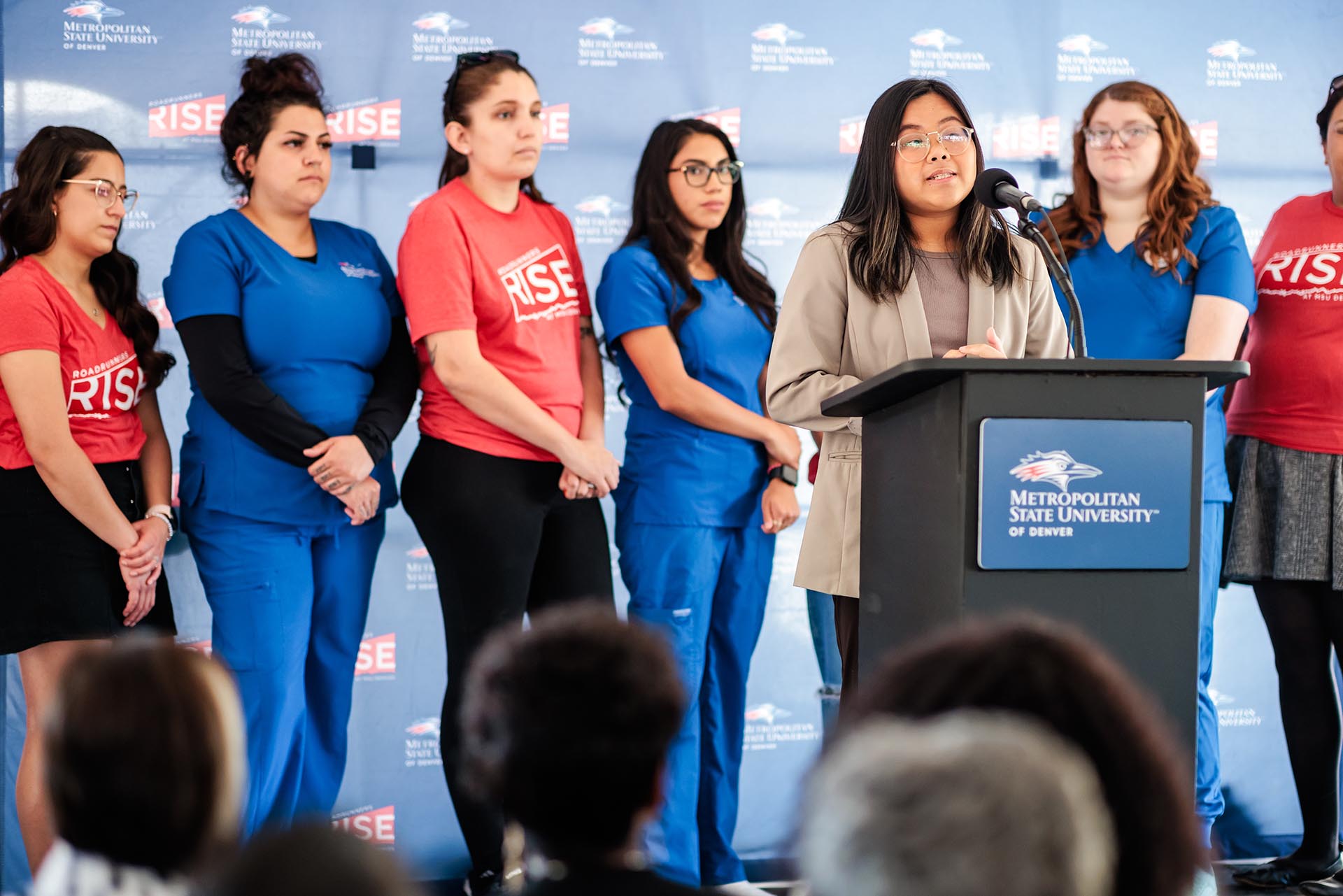
Graduate and first-generation student Jiane Bagoyo, the eldest daughter of immigrants from the Philippines, has a first-hand understanding of how the absence of diversity impacts patients, having borne the weight of navigating health care systems for herself and her family.
As a child, Bagoyo accompanied her grandfather on doctor’s visits because his English was limited. She saw his relief when doctors spoke his native language.
“It’s so important for diverse individuals and families to feel seen, to feel heard and to feel represented,” said Bagoyo, who is part of the inaugural Master of Speech-Language Pathology cohort. “Perhaps that’s what has drawn me to the field of speech and language pathology, this inherent desire to help others find their voice and to use it both literally and figuratively.”
Bagoyo said speech and language pathology lacks the diversity necessary to serve the community. However, she hopes that by embarking on the field, equipped with the education she received at MSU Denver as part of the University’s expanding Health Institute offerings, she can help change the narrative.
|
Reimagining Health Education Support a one-of-a-kind initiative to meet the demand for highly skilled health professionals by making your gift today.
|
|
“I am so fortunate to be part of a program that puts diversity, community and inclusivity at the forefront of its mission,” she said. “I’m excited to see what’s ahead for the master’s program and how this new learning space will contribute to an even greater and enriching clinical experience.
“I’m confident that it’s all great things from here.”

